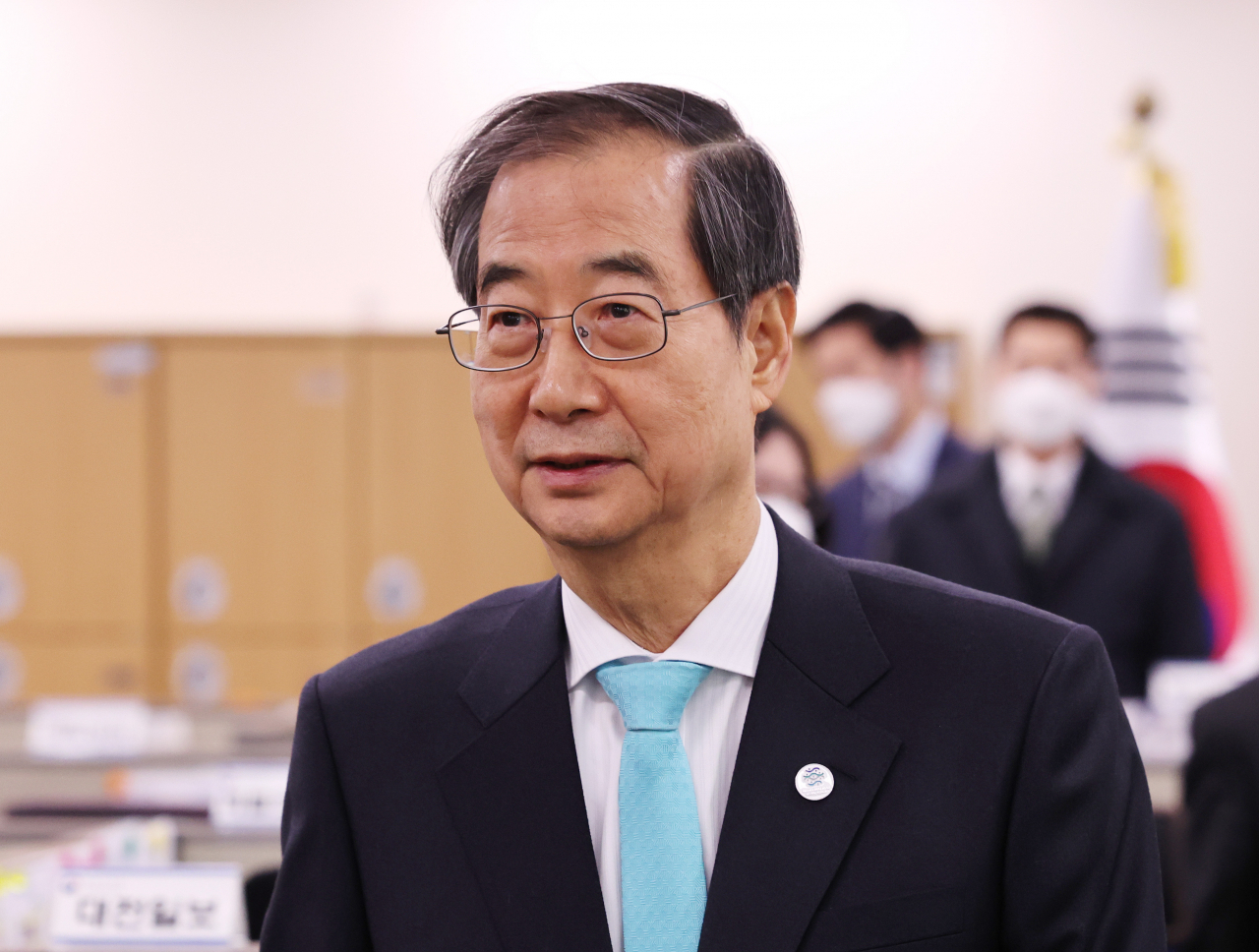Seoul wary of reduced disclosure of radioactive elements in Fukushima wastewater
By Son Ji-hyoungPublished : Feb. 22, 2023 - 20:59

Japan's nuclear regulation authority tentatively confirmed plans Wednesday to narrow the scope of radioactive elements to be monitored in the radiation-contaminated water from quake-stricken Japan's Fukushima Daiichi nuclear power plant, the South Korean Prime Minister's Office said in a statement Wednesday.
The types of nuclides under the monitoring has been reduced from 64 to 30, according to Prime Minister Han Duck-soo's office.
The Seoul government pledged to place the Korean people's safety as the priority and ensure that the wastewater is treated according to international standards. Moreover, the government will continue to be engaged in the scientific and technological review of Tokyo Electric Power Co.'s plan, as well as the International Atomic Energy Agency's wastewater analysis.
This came after the Ministry of Foreign Affairs raised the possibility of the narrowing down of the scope of radioactive elements earlier this month. A spokesperson at the Foreign Ministry said on Feb. 10 that such a decision came upon the request of the IAEA.
Tokyo unveiled plans to release the wastewater by as early as this spring.
Japan has claimed that the contaminated water was treated by its own nuclide removal system called Advanced Liquid Processing System. The IAEA has endorsed Japan's claims that the release meets international standards.
Some 1.3 million tons of wastewater -- enough to fill about 500 Olympic-size swimming pools -- was used to cool down the quake-hit nuclear reactors, and is being stored at the site. Tokyo announced plans to release the water in 2021.
Recent research jointly conducted by the Korea Institute of Ocean Science and Technology and the Korea Atomic Energy Research Institute indicated some of the nuclides, in particular tritium, could potentially reach South Korean waters within the next four or five years. The impact of it, however, could be "hard to detect," with about 0.001 becquerel per cubic meter 10 years after the release, research results indicated. A becquerel is a unit of measurement for radioactivity, with even one full becquerel being a tiny amount as relates to human health.
The deadly tsunami in 2011 broke down the nuclear reactor cooling system and melted down three reactors in the Fukushima nuclear power plant in eastern Japan.



















![[Today’s K-pop] Treasure to publish magazine for debut anniversary](http://res.heraldm.com/phpwas/restmb_idxmake.php?idx=642&simg=/content/image/2024/07/26/20240726050551_0.jpg&u=)